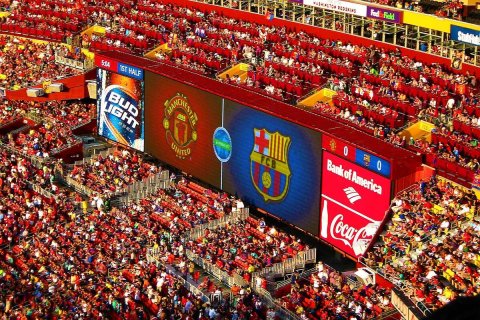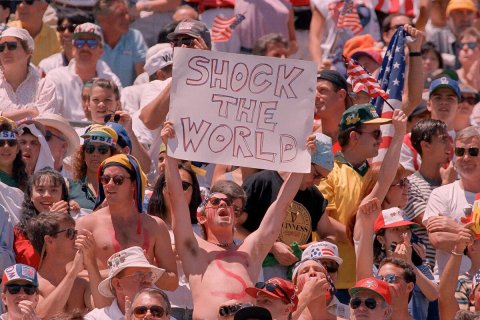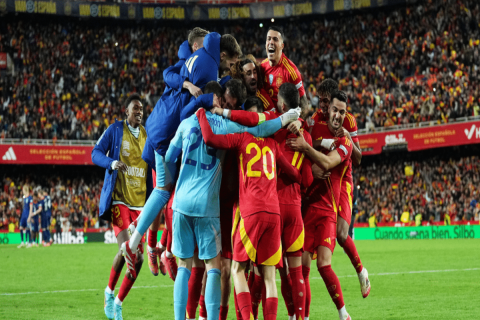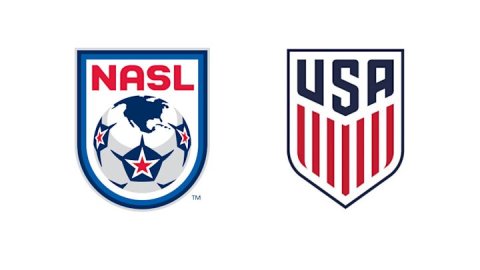The debate over the Superliga continues to shake the foundations of European soccer, with Spain’s biggest clubs at the center of the storm.
The Origins of the Superliga and Its Controversial Proposal
The idea of a European Super League (Superliga) is not new, but it gained serious momentum in 2021 when some of the continent’s most powerful clubs attempted to break away from traditional competitions. The proposal, led by Real Madrid, Barcelona, and Juventus, aimed to create a closed competition that would guarantee consistent high-level matchups while securing financial stability for its founding members. However, the idea was met with widespread criticism from fans, domestic leagues, and governing bodies like UEFA, who saw it as a threat to the integrity of European soccer.
Real Madrid and Barcelona were two of the strongest proponents of the project, citing financial struggles and the need to modernize soccer’s business model. Florentino Pérez, the president of Real Madrid, was one of the most vocal advocates, arguing that the Superliga would generate more revenue, allowing clubs to sustain their global competitiveness. Meanwhile, Barcelona, struggling with financial instability, saw it as a potential lifeline.
The Response from Fans, FIFA, and UEFA
The reaction to the Superliga was immediate and overwhelmingly negative. Fans across Europe, including those of Spanish giants Real Madrid and Barcelona, protested against what they saw as a betrayal of soccer’s core values. Critics argued that the closed nature of the league would eliminate the meritocratic system that allows smaller clubs to compete on the grand stage.
UEFA and FIFA quickly opposed the idea, threatening to ban Superliga participants from domestic leagues and international competitions. Faced with pressure from governing bodies and a backlash from supporters, several clubs, including Atlético Madrid, withdrew from the project. However, Real Madrid and Barcelona continued to defend the initiative, challenging UEFA’s monopoly over European competitions.
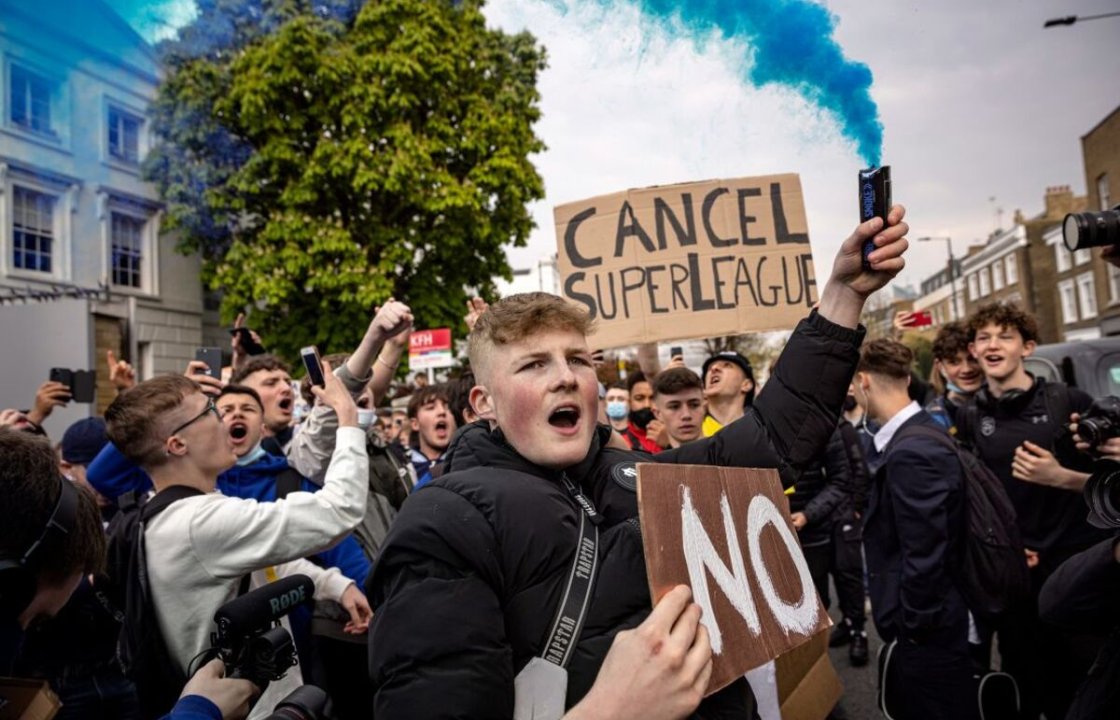
The Financial Struggles of Spain’s Biggest Clubs
One of the main reasons behind the persistent push for the Superliga is the financial distress faced by Spain’s top clubs. Barcelona, for instance, has been battling a debt crisis, forcing the club to restructure contracts, offload players, and rely on economic levers to stabilize its financial situation. Real Madrid, despite being in a stronger financial position, also faces challenges in maintaining a competitive squad while adhering to UEFA’s financial fair play regulations.
The Spanish giants argue that the current UEFA Champions League format does not provide a fair revenue distribution, leaving them at a disadvantage compared to clubs owned by state-backed entities like Paris Saint-Germain and Manchester City. The Superliga, in their view, would create a more sustainable and predictable economic model, reducing their reliance on fluctuating television deals and sponsorship agreements.
LaLiga’s Stance and the Potential Impact on Spanish Soccer
LaLiga, led by president Javier Tebas, has been one of the fiercest opponents of the Superliga, warning that such a competition would harm the domestic league’s competitiveness. Tebas has repeatedly stated that a closed league would damage smaller clubs and undermine the existing pyramid structure that allows teams to rise through the ranks based on performance.
The departure of Real Madrid and Barcelona to a separate competition could lead to a significant loss in television revenue for LaLiga. The Spanish league relies heavily on its biggest clubs to attract global viewership, and their absence from domestic play could diminish interest in the competition. This scenario could widen the financial gap between elite and mid-table Spanish clubs, further complicating the economic landscape of Spanish soccer.
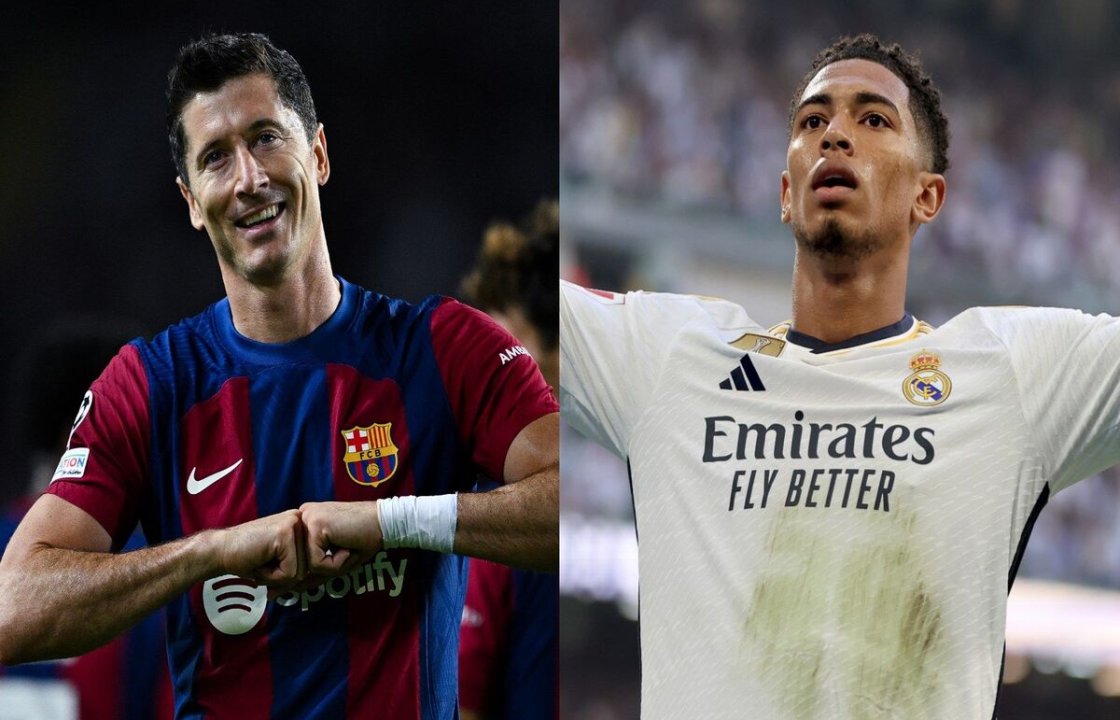
What Comes Next? The Legal and Structural Battle Continues
The Superliga debate has now moved into the legal sphere, with European courts examining whether UEFA’s monopoly over club competitions is lawful. A ruling in favor of the Superliga’s founders could reignite the project, forcing UEFA to reconsider its competition structure.
In the meantime, UEFA has responded by reforming the Champions League, introducing a new format that expands the competition while attempting to increase revenue for participating clubs. However, this might not be enough to dissuade Real Madrid and Barcelona from their long-term vision of a breakaway league.
The battle over the future of European soccer is far from over. Whether the Superliga eventually materializes or fades into history as a failed coup, the debate has already reshaped discussions about soccer’s financial model, competitive balance, and governance. For the Spanish giants, the stakes remain high as they navigate a rapidly evolving soccer landscape while striving to maintain their dominance both on and off the pitch.
The Role of SIA Academy in This Changing Soccer Landscape
As the structure of European soccer continues to evolve, academies like SIA Academy play a crucial role in preparing young players for an unpredictable future. Regardless of whether the Superliga becomes a reality, the need for well-rounded, high-performance athletes remains constant. SIA Academy’s focus on elite training, tactical education, and international exposure ensures that its players are equipped to compete at the highest levels.
Moreover, academies provide young talents with opportunities to be scouted by top European clubs, including those engaged in the Superliga debate. If such a league emerges, the demand for technically skilled, tactically intelligent, and physically prepared players will be higher than ever. By offering professional-level training, competitive matches, and mentorship, SIA Academy positions itself as a gateway for aspiring professionals to seize new opportunities in the changing soccer environment.

